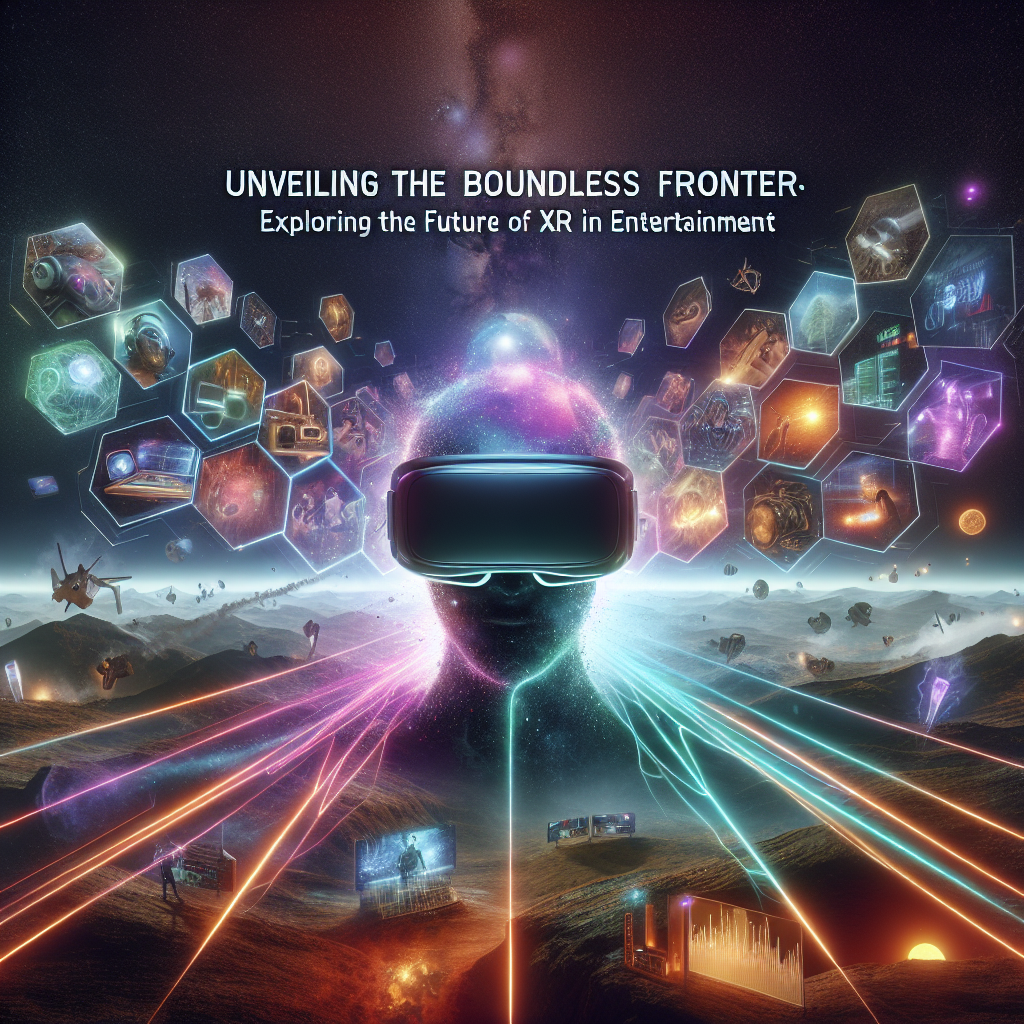The world of entertainment is ever-evolving, constantly pushing boundaries, and redefining what is possible. One of the most exciting frontiers in this realm is the realm of Extended Reality (XR), a term that encompasses virtual reality (VR), augmented reality (AR), and mixed reality (MR). The possibilities that XR presents for immersive storytelling, interactive experiences, and unprecedented levels of engagement are truly limitless. In this article, we will delve into the future of XR in entertainment, exploring its potential to revolutionize the way we consume and create content.
Immersive Storytelling:
One of the most compelling aspects of XR in entertainment is its ability to transport audiences into fully immersive worlds where they can not only observe but also interact with the narrative. VR, in particular, has the potential to completely revolutionize the way stories are told, allowing for a level of immersion that was previously unimaginable. By putting viewers at the center of the action, XR offers a level of engagement that traditional mediums simply cannot match.
Interactive Experiences:
In addition to immersive storytelling, XR in entertainment also opens up new possibilities for interactive experiences. AR, for example, has already proven to be a powerful tool for blending the digital and physical worlds, allowing users to interact with virtual objects in real space. This has huge implications for live events, gaming, and even education, as it enables participants to engage with content in a much more hands-on way.
Beyond Gaming:
While XR has found its initial success in the gaming industry, its potential extends far beyond that. From virtual concerts to immersive theater experiences, XR is already starting to make its mark on a wide range of entertainment industries. For example, the use of AR filters in social media has become increasingly popular, allowing users to enhance their pictures and videos with virtual elements. This trend is only set to grow as the technology becomes more advanced and widely adopted.
Challenges and Opportunities:
Of course, the adoption of XR in entertainment is not without its challenges. Technical limitations, high production costs, and the need for specialized expertise are just a few of the obstacles that content creators and developers face. However, as the technology continues to evolve and become more accessible, these barriers are likely to diminish, opening up new opportunities for innovation and creativity.
Conclusion:
As we venture into this boundless frontier of XR in entertainment, the possibilities are truly endless. From immersive storytelling to interactive experiences, XR has the potential to transform the way we consume and create content in ways we have never seen before. While there are certainly challenges to overcome, the promise of XR in entertainment is too great to ignore. As we look to the future, it is clear that XR will play an increasingly important role in shaping the way we experience entertainment, blurring the lines between the real and the virtual in ways that are both exciting and transformative.










